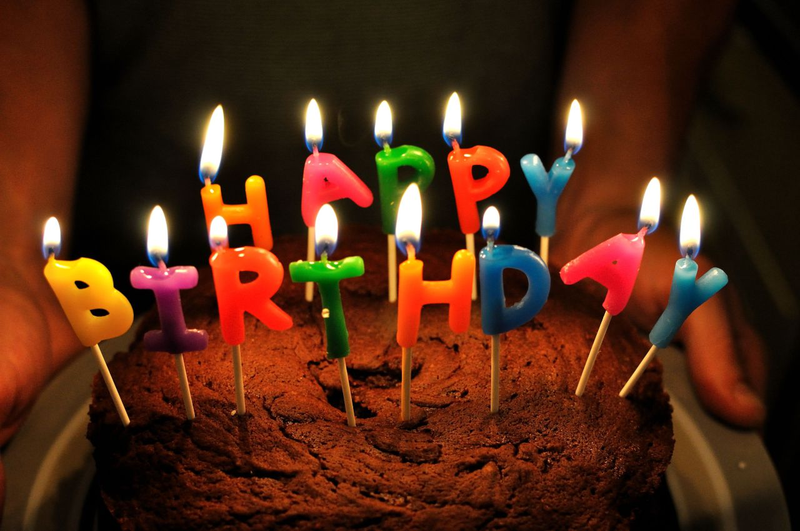In an excellent GQ profile out today, Justin Bieber took the time to remind us all of his birthday, March 1. The perpetually remorseful pop star will be turning 22 next month, but if you want to serenade him with a special YouTube or Instagram video, you should probably wait two weeks afterward to be safe: March 14, 2016 will mark the first official day that you can't get hit with a copyright infringement suit for broadcasting a recorded performance of "Happy Birthday to You."
Yes, one of the weirder legal battles of our time has come to an end. The birthday song, a tune most children learn by the time they're 3 years old, will finally enter the public domain.
“Happy Birthday to You” was originally written in 1893, by sisters Patty and Mildred Hill. Patty, a kindergarten teacher, said she came up with the song as a "good morning" tune for school children; the birthday-specific lyrics were added as an optional verse.
Their copyright expired in 1949. Music publisher Warner/Chappell music acquired it in 1988 -- and since then has collected about $2 million in royalties a year. (Think about how often you hear the song in movies and on TV. Yeah. It's a lot.)


